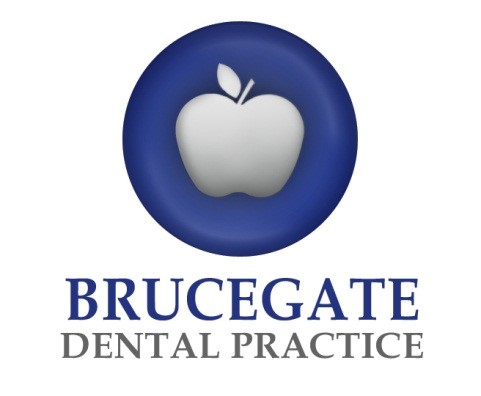Do I Need a Root Canal? Understanding the Signs and Solutions
Expert Advice from Brucegate Dental in Berwick upon Tweed
Introduction
Root canal treatment is one of the most common procedures carried out in dental practices across the UK and Ireland. Yet, many patients feel anxious at the mere mention of a “root canal” and are unsure if or when they might actually need one. In this blog, we answer the important question: do I need a root canal?
What Is a Root Canal?
A root canal is a dental procedure designed to treat infection or inflammation inside a tooth. The process involves removing the infected or damaged pulp (the soft tissue within the tooth), cleaning the root canals, and then sealing the tooth to prevent further infection. Thanks to modern techniques, root canal treatments are generally comfortable and highly effective.
Why Would I Need a Root Canal?
You may need a root canal if the pulp inside your tooth becomes infected or inflamed. This can happen due to deep decay, repeated dental procedures on the tooth, a faulty crown, or a crack or chip in the tooth. If left untreated, the infection can spread, causing pain, swelling, or even an abscess.
Common Signs You Might Need a Root Canal
- Persistent toothache: If you experience ongoing pain in a tooth, especially when chewing or applying pressure, this may indicate that the nerve is affected.
- Sensitivity to hot and cold: Prolonged sensitivity (even after the hot or cold sensation has been removed) can be a sign of nerve or pulp damage.
- Swollen or tender gums: Swelling near the affected tooth or a small bump on the gums can signal an infection that may require a root canal.
- Darkening of the tooth: Discolouration may be a result of trauma or decay affecting the nerve.
- Loose tooth: Infection can sometimes make a tooth feel loose or unstable.
What Happens If I Ignore the Signs?
Ignoring symptoms can lead to the infection spreading further, potentially resulting in severe pain, tooth loss, or more complex dental problems. Early intervention is key for saving the tooth and reducing discomfort.
What to Expect During a Root Canal
Many patients worry about discomfort, but rest assured, the procedure is performed under local anaesthetic and is similar to having a filling. Post-treatment, your tooth may feel a bit tender, but this usually settles quickly. Most people are back to normal activities the same day.
How Can I Avoid a Root Canal?
While not all cases can be prevented, good oral hygiene is your best defence. Brush twice daily, floss regularly, attend routine dental check-ups, and address any dental pain early. Wearing a mouthguard during sports can also help prevent trauma that might lead to root canal treatment.
When Should I See My Dentist?
If you’re experiencing any of the symptoms described above or have concerns about your dental health, it’s important to book an appointment promptly. Your dentist will carry out an examination, possibly take an X-ray, and discuss the best options for your care, which may or may not include a root canal.
Conclusion
Root canal treatment is nothing to fear and, in many cases, is the best way to save a damaged or infected tooth. If you’re unsure whether you need a root canal, or if you’re experiencing symptoms, don’t hesitate to reach out to your dental team. We’re here to help you maintain a healthy, pain-free smile!
If you have more questions or want to book an appointment, please contact our practice today.
Call 01289 306084
